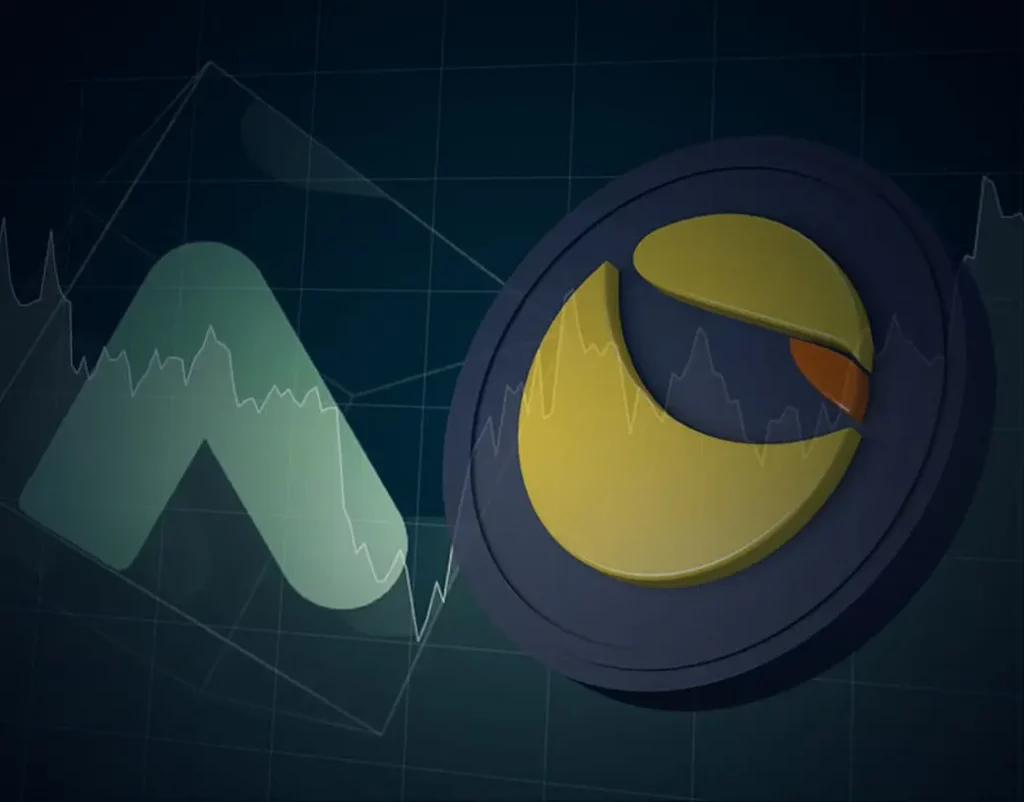According to Mr. B, the Anchor Protocol platform was designed to only offer an interest rate of 3.6%.

Anchor protocol was originally intended to offer a 3.6 percent interest rate, but this was increased to 20 percent just a week before release to attract more investors, according to a core developer in an interview with Korean media outlet JTBC.
“I had no idea this would have such a high-interestrate.” “It was set to 20% just a week before the release,” said the employee, who was only identified as Mr. B in the Korean-language report.
“I thought I was going to collapse from the beginning. (I designed it), but it collapsed 100%”
Mr. B stated that the platform was designed to only offer a 3.6 percent interest rate and that this was a critical component of keeping the Terra ecosystem stable because it took into account the available funds in Anchor’s war chest.
Mr. B, on the other hand, revealed that a week before the launch, the developers discovered that the plans had been changed, granting investors access to a very high 20% interest rate for locking up their UST stablecoins in the Anchor Protocol instead.
The JTBC also claims to have obtained internal Terraform Labs design documents, which discussed attracting investors with high-interest rates.
The developer stated that he attempted to raise this issue with Terra Luna founder Kwon Do-Hyung (Do Kwon) just before the April 2019 launch.
“Just before the release, I suggested to CEO Kwon Do-Hyung that the interest rate should be lowered, but it was not accepted.”
The dramatic fall of Terra (LUNA) and the algorithmic stablecoin UST has prompted the South Korean government to announce plans to establish a new Digital Asset Committee in June to serve as a watchdog over the country’s crypto industry, responsible for policy development and oversight.
Do Kwon has been summoned to a parliamentary hearing in South Korea in mid-May on the subject.
He’s also in hot water after court documents revealed that he dissolved Terraform Labs Korea just days before the LUNA crash.
South Korean authorities reportedly issued subpoenas to Terraform Labs employees in May to investigate whether there was intentional price manipulation and whether the tokens went through proper listing procedures.
Despite this, the Terra co-founder was able to relaunch the network on May 28 with a new chain called Terra 2.0 (Pheonix-1), to revive the fallen Terra (LUNA) and TerraUSD (UST).
